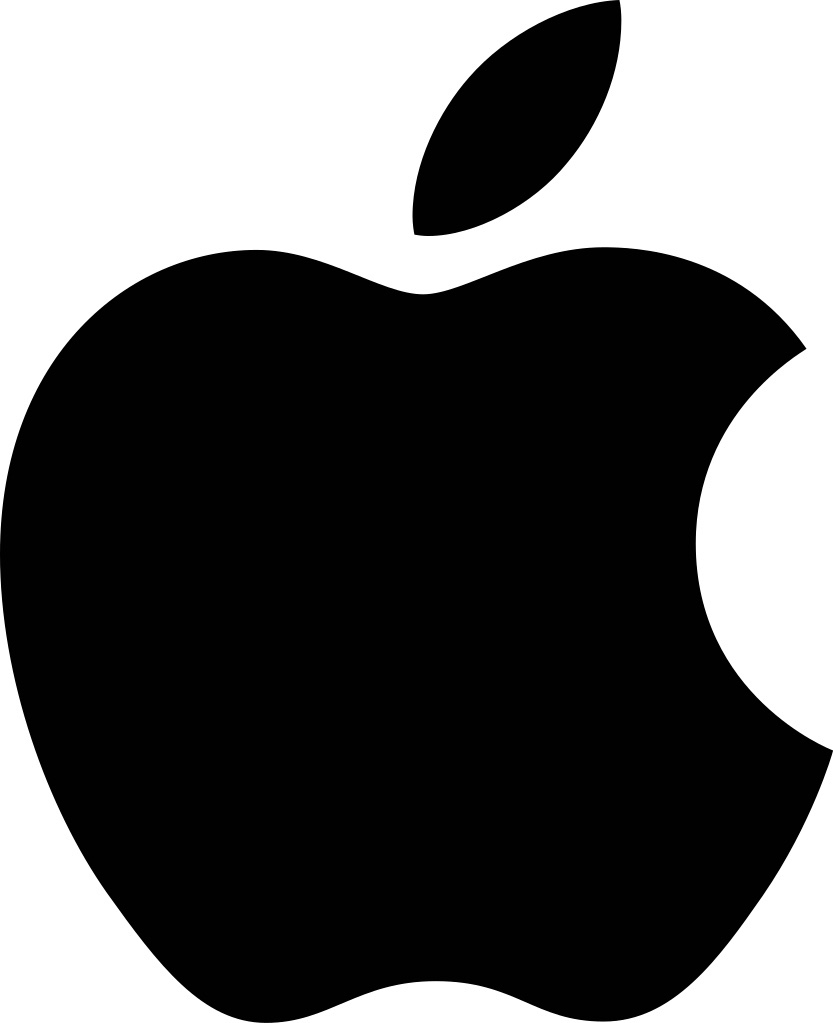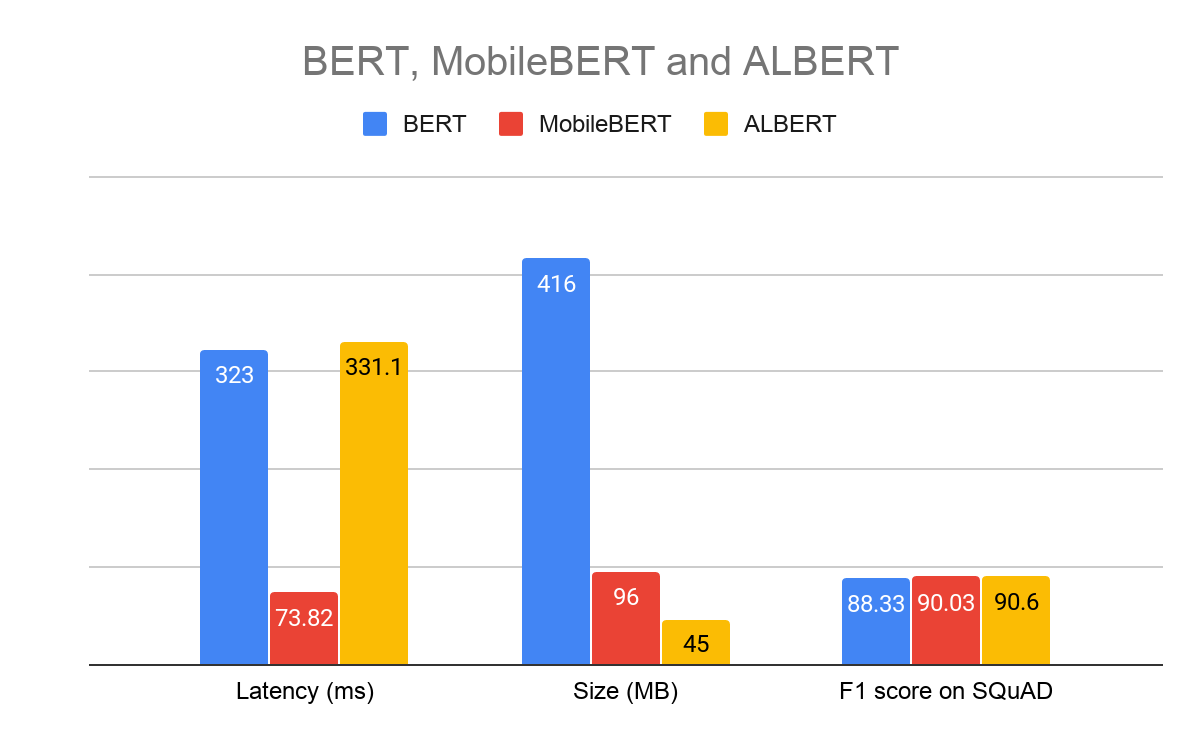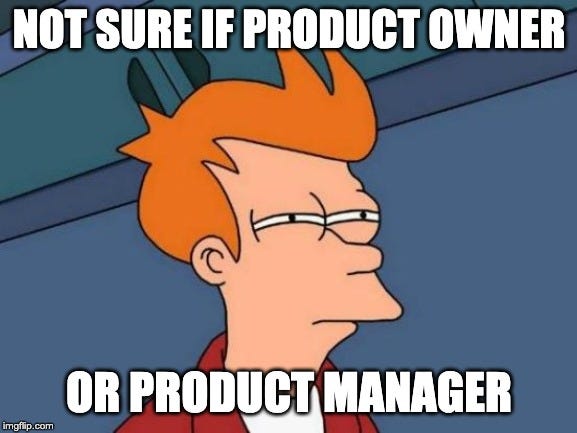On Monday Apple opened this years World Wide Developer Conference, WWDC for short.

The entire keynote felt encroaching to me, but I failed to grab the feeling while the show was on. Only after I got through notes it became clear to me how many business areas Apple is attacking on their own territory.
“Buy Now Pay Later” is entering the increasingly prominent fintech market that make companies like Klarna big: Apple introduces Apple Pay Later, that will allow consumers to split payments into 4 installments over the course of 6 weeks. The consumer payment feature comes at not investment into UI or development, it will work out of the box.
Collaboration has been a huge topic throughout the keynote. Apple Freeform was announced, just like improved capabilities for collaboration in Keynote, Pages and Numbers, all integrated through iMessages. While the eyecatching moment with Freeform obviously created associations with popular tools like Miro and Mural. Digital whiteboard software integrated with all other Apple services, on the device, has huge potential to grab some already distributed marked. An underlying strategy for all these announcements may very well be the much larger enterprise market, that traditionally is dominated by Microsoft, that even Google has a hard time to get a hold of.
Apple Passkeys, apparently keychain thought through, will allow users to get rid of passwords and end passwords for authentication. Signing in to websites will be as easy as using Touch- or FaceID, not requiring a password. A promisse that products like LastPass or 1Password gave for the past years.
Probably the biggest announcement was CarPlay. Throughout the Keynote it didn’t get the attention that it probably should have got. CarPlay has huge potential to marginalize large industries. After its first of the concept announcement in 2014 it quickly became clear even premium cars had potential to become minor partners in the relationship. A trend that car manufacturers are trying to mitigate and create software organizations ever since. With no breakthrough success so far. Only recently Germany’s Volkswagen daughter Cariad has been in the news for failing to deliver a solid product and executing on their goals. What Apple presents through out their WWDC keynote is only a concept at the time. Still, there no little doubt on Apple’s ability to execute on this concept and with that creating an even bigger competitive advantage. All of this without mentioning that rumors for an Apple car persist.
Apple is executing on a strategy to controlling digital life end to end, and it’s taking no prisoners along its path.
Customer Experience will continue to drive Apples success.






